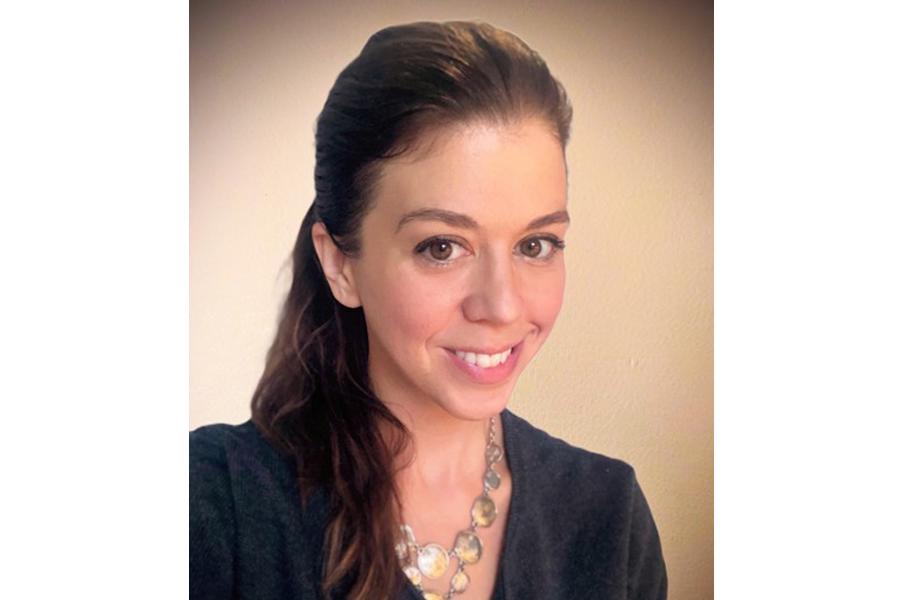Biography:
Dr. Dana Turcotte is an Associate Professor in the College of Pharmacy at the University of Manitoba and a clinical pharmacist with expertise in primary care. Her research focuses on optimizing pain management, promoting safer opioid use, and addressing barriers to care for individuals living with chronic pain and substance use disorders.
Dr. Turcotte leads and collaborates on interdisciplinary, patient-oriented research that integrates evidence-based opioid stewardship, trauma- and violence-informed care, and non-drug approaches to pain management. Her work explores the structural and social determinants that limit equitable access to care, with particular attention to stigma, policy gaps, harm reduction and the needs of underserved populations.
A strong advocate for health equity and cultural safety in pharmacy education and practice, Dr. Turcotte is the current co-chair of the Association of Faculties of Pharmacy of Canada’s (AFPC) national Truth and Reconciliation Special Interest Group. She contributes to initiatives supporting Indigenous health and advancing reconciliation within healthcare education. Her work aligns closely with CRISM’s mission to enhance care for people who use substances and improve outcomes through collaborative, system-level change.
Node Funded Project (March 2024)
Title: Surveying Healthcare and Recovery Experiences with Opioid Agonist Therapy: A Community-Based Participatory Research Project (SHARE-OAT)
Principal Investigator: Dana Turcotte, University of Manitoba
Co-investigators/collaborators:
Dr Ginette Poulin, University of Manitoba
Description: This research is part of a larger project exploring the current state of opioid agonist therapy (OAT) and opioid use disorder (OUD) care within Winnipeg, Manitoba. Other phases of this project include provider and administrator investigations, which collectively will inform the development and piloting of a collaborative care model for OAT provision in primary care. These phases are essential to capture a broad, enriched perspective of care, engaging with stakeholders at every project stage to create actionable, sustainable plans to improve OUD care and accessibility. For the current phase we will focus on engaging parents as integral members of the research team, to co-develop a study exploring parent experiences accessing OAT and OUD care.




